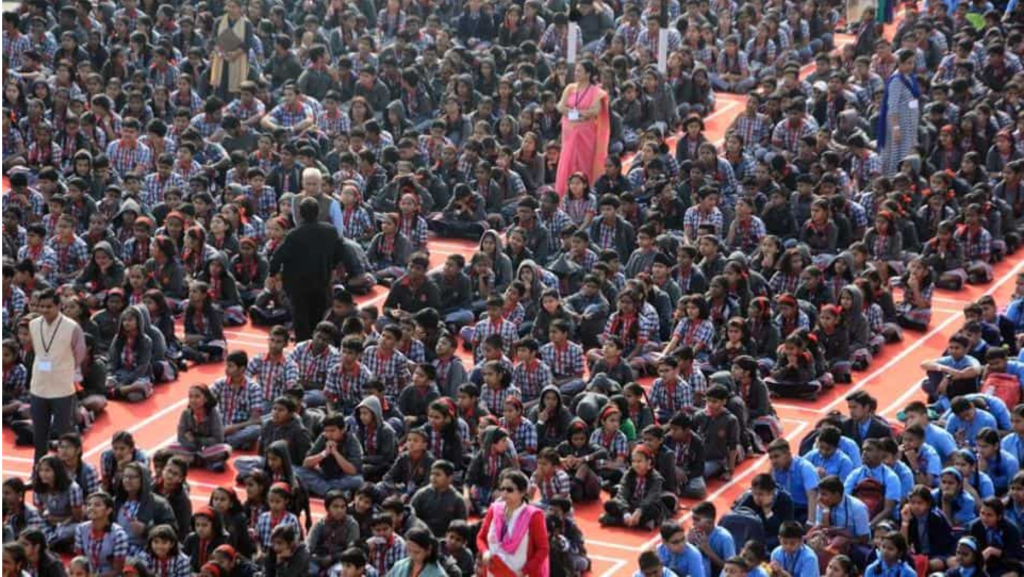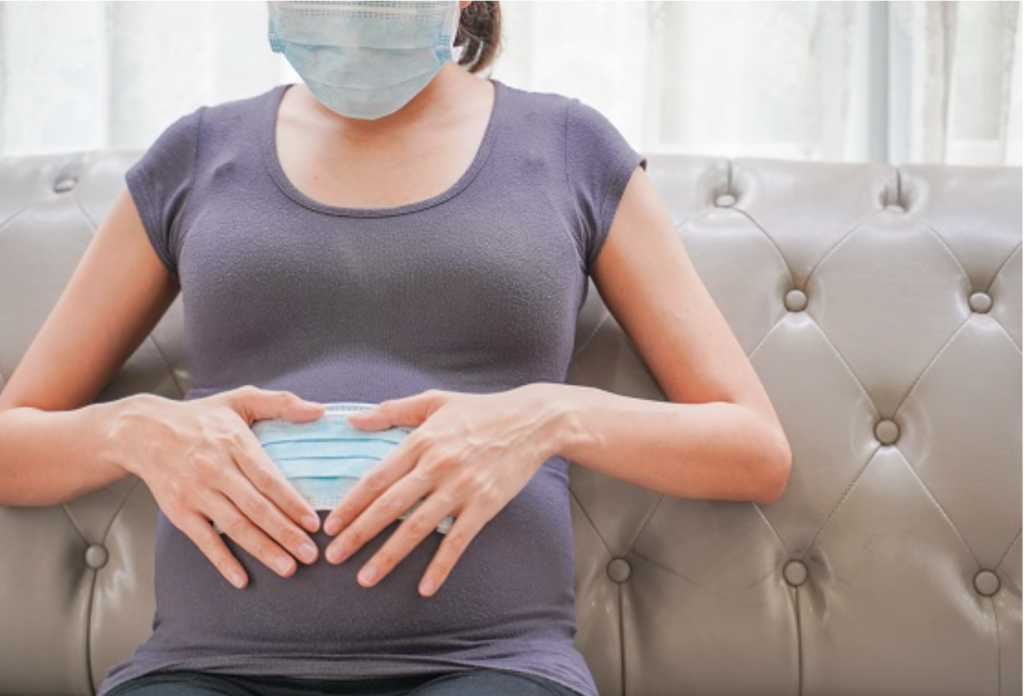While addressing the students, Dr Rajeshwari Pawar, consultant, gynaecologist and obstetrician from Motherhood Hospitals, Kharadi, said it is important to talk on issues like menstrual hygiene and myths surrounding it.
In an attempt to create a world record, City-based Motherhood Hospitals, a network of women and children hospital, joined hands with Spherule Foundation, a non-governmental organisation to educate adolescent girls on the importance of menstrual health and hygiene.
The event was attended by students of Kendriya Vidyalaya, Tingarenagar. At least 1,700 people including adolescent girls, boys, men and women were present under one roof. While addressing the students, Dr Rajeshwari Pawar, consultant, gynaecologist and obstetrician from Motherhood Hospitals, Kharadi, said it is important to talk on issues like menstrual hygiene and myths surrounding it.
Her lecture that lasted for 38 minutes and eight seconds was also an attempt to enter the Guinness Book of World Records for educating the largest group of adolescent girls, men and women.
Pawar said, “In India, only 18% of the 355 million menstruating women use sanitary napkins and with the remaining 82% of women unable to afford sanitary napkins, resort to using unhygienic substances such as newspapers, sand, leaves, mud or unsterilized clothes, rags. Such unhygienic practices lead to burning, vaginal and urinary tract infections, infertility and other reproductive health complications.”
“Motherhood Hospitals and Spherule Foundation followed and implemented the rules, as per the guidelines laid down by Guinness book of world record committee. All the proof and unedited footage will be submitted within a day. The Guinness book of world record committee will evaluate the proof submitted and issue the certificate to the hospital,” said Dr Krishna Mehta, facility director, Motherhood Hospitals.
Dr Pawar, said, “Young girls usually have fear, doubts and misconceptions about menstruation. This was an initiative to throw light upon a topic less talked about. The platform was created to stress on how to maintain menstrual hygiene and to demystify several myths related to this topic.”
Sharing some figures according to Unicef, Pawar said, “At least 80% of surveyed women, according to Unicef, store their menstrual cloth in a hidden dirty place for repeated use while 40% fail to change their clothes frequently or wash them with soap after use. They are found to be ashamed to wash their sanitary clothes in open and hence wear over soaked and dirty cloth for an entire day without a change. Close to 50% fail to dry their menstrual rags outside in sun which is an essential condition required to kill bacteria. Lack of privacy, safety and toilets make things worse. With such events we hope to fight the stigma attached with menstruation in the society.”
Dr Geeta Bora, founder, Spherule Foundation, said, “In India alone, 23 million girls drop-out of schools annually, which is one in every five girls, due to the lack of menstrual hygiene management facilities like availability of sanitary napkins and awareness of menstruation. Such collaborations with hospitals is a step towards fighting the taboo related to menstruation in India.”

